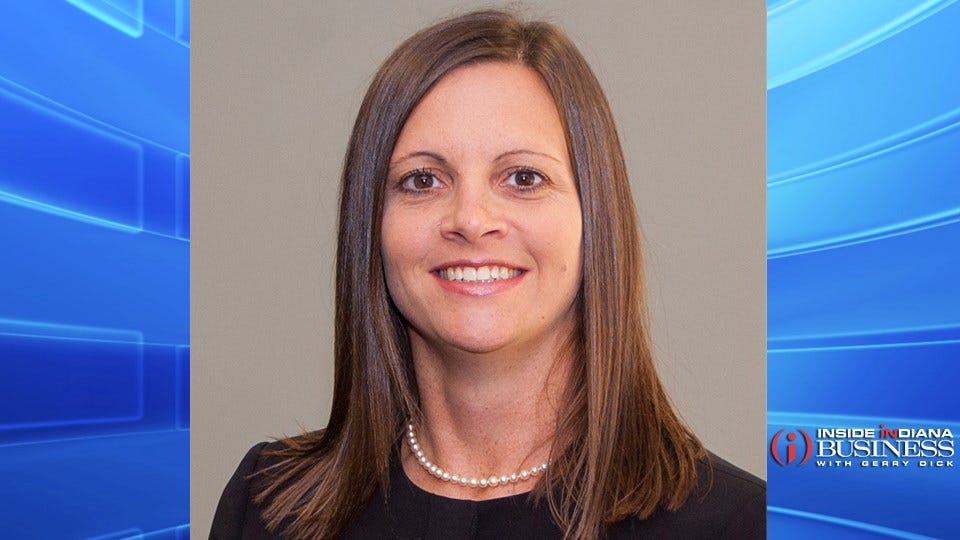Protect Access to Health Care – Include Independent Dispute Resolution in ‘Surprise Billing’ Legislation

Subscriber Benefit
As a subscriber you can listen to articles at work, in the car, or while you work out. Subscribe NowMost Hoosiers agree on the need to reduce health care costs, to improve access to care and to end the practice of surprise medical billing. And Indiana physicians would agree.
They have witnessed families struggle to pay for emergency or unplanned medical services from providers that are outside their health insurance network. However, the two pieces of “surprise billing” legislation moving forward in the Indiana General Assembly, Senate Bill 3 and House Bill 1004, lack any methods to determine fair payment for the medical professionals who are there when patients need them most.
That’s why doctors in Indiana and across the country are advocating for independent dispute resolution, or IDR, a process by which an unbiased third party is available to settle payment disputes between insurers and out-of-network physicians. Otherwise, there will be no obligation for insurers to pay physicians a fair rate.
Without an IDR process, physicians are concerned the repercussions will lead to higher health care costs and less access to critical care – the exact problems lawmakers have vowed to fix.
Cost of Health Care
A priority for the Indiana General Assembly is to lower health care costs for Hoosier consumers, and rightfully so. But doctors are not the problem here. According to the Health Care Cost Institute, physician fees in Indiana cost employers 22.5% less than the national average. In fact, Hoosier companies spend less per person on their employees’ professional medical services than all but three states in the U.S. – and less than every neighboring state.
Cutting physician fees in Indiana when such fees are already well below the rest of the nation will not make health care cheaper and more accessible. It will lead to more practice groups getting acquired by health systems or simply closing altogether. Such consolidation will result in less competition in the market, higher prices, longer wait times and fewer doctors available to serve our communities.
Access to Health Care
For vulnerable populations, especially in rural areas, the only thing worse than surprise medical billing is not having any medical providers at all. Some independent physician groups contract with rural facilities to staff evening and weekend hours. These arrangements could be impacted without a fair solution for payment disagreements between insurance companies and out-of-network providers, leaving rural citizens without 24/7 emergency medical care.
An Effective Solution
To be a truly effective solution, surprise billing legislation at both the state and federal level needs to include an unbiased, market-based approach – the kind that IDR provides.
The competing federal bills up for consideration in Washington, D.C. include independent dispute resolution. A bipartisan effort to end surprise billing was recently proposed in the U.S. House Ways and Means Committee by the ranking Republican, Rep. Kevin Brady (R-Texas), and the committee chair, Rep. Richard E. Neal (D-Mass.). Their bill, “Consumer Protections Against Surprise Medical Bills Act of 2020,” would eliminate surprise billing AND provide a method for fair payment with IDR serving as a backstop to incentivize parties to contract in good faith.
I urge you to contact your state and federal lawmakers to support this approach to end surprise billing – including an independent, third-party arbitration that is fair, fast and free of bureaucracy. That way, patients can focus on getting the medical care they need, when and where they need it, at a cost they can reasonably afford.
Julie Reed is the executive vice president of the Indiana State Medical Association, the largest physician organization in the state representing more than 8,000 members, who together, are driving the future of health care. Learn more about ISMA by visiting www.ismanet.org.

